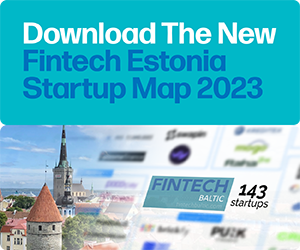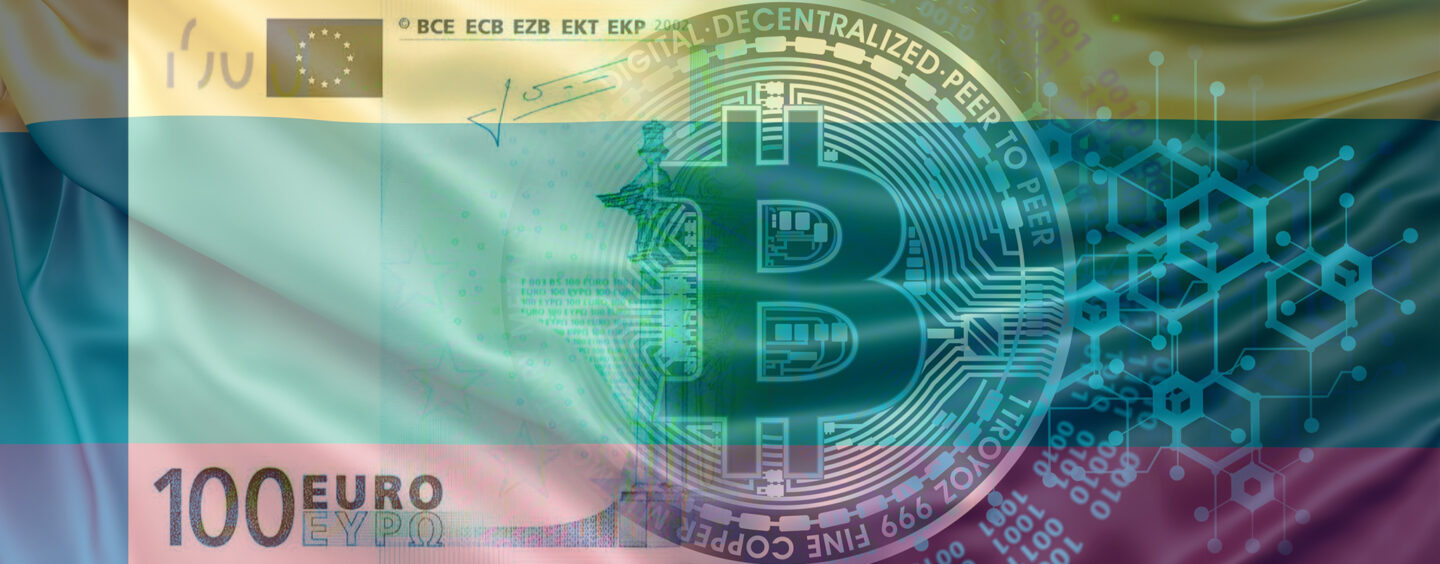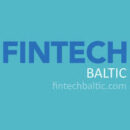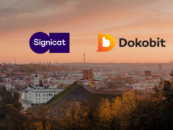The Bank of Lithuania invites payment market participants and technology companies to participate in an experiment and together develop a payment solution that enables instant settlements in digital euro at points of sale.

Marius Jurgilas
“The Bank of Lithuania is constantly assessing the payment market in terms of competition, accessibility of services and innovations. We see a need for an innovative solution that would enable a simpler and more convenient payments for buyers and sellers at physical point of sale. As the digital euro project gains momentum, this is a great opportunity to test the future money solution by using state-of-the-art technologies,”
says Marius Jurgilas, Member of the Board of the Bank of Lithuania.
The objective of the experiment is to develop a solution for retail payments settlement in digital euro at point of sale based on the latest payment technologies and using standards developed at the European Union (for example, the request-to-pay scheme) and to find out how such solution could best ensure an efficient, secure and simple use of the digital euro.
The solution should be based on an app running on mobile phones, tablets or other devices with Android 10 or above installed. Mobile connection would not be necessary for the data exchange between the buyer’s and the seller’s devices, as the connection would be based on short-range wireless technologies (for instance, Near Field Communication or Bluetooth).
The data for the information exchange would be presented in the form of a QR code, whereas the payment transaction itself should last no longer than 15 seconds. In addition, the app should be easily adaptable to any payment processing system, so that the possibilities for its use are not limited for merchants in various sectors.
To develop the solution, the Bank of Lithuania will use an innovative method of public procurement: a project tender that
will consist of two stages. In the first stage, potential participants will be invited to submit proposals on the implementation of the idea, while three best concepts will be awarded monetary prizes. The second stage will cover the development of a prototype. Project tender will be published already this year, two months will be allocated for tender submission, while four months will be given for the development of a prototype.
The interested payment market participants and technology companies are invited to register for bilateral meetings, which will take place from 6 to 10 December. During the meetings, technical requirements will be discussed and questions will be answered.
Only registered participants will receive the technical specification, which is currently under development. We invite participants to register by 3 December by sending an email with the subject “Consultation on the digital euro experiment” to inovacijos@lb.lt
The results of the experiment will help provide answers on what requirements should be applied to settlements in digital euro at physical points of sale, what are the potential risks and possibilities to apply such model as well as on its simplicity and attractiveness for customers.
By initiating the project tender, the Bank of Lithuania seeks to actively contribute to the investigation phase of the digital euro project, which was started by the Eurosystem in July this year and will last two years.
The Bank of Lithuania has already contributed its knowledge during the investigation of the practical aspects of the digital euro by sharing its experience on the interaction of a centralised payment system with decentralised ones gained during the creation of the world’s first digital collector coin LBCOIN.
Before that, the central bank published the the discussion paper on the potential ways of creating central bank digital currencies and their impact on monetary policy and financial stability.








1 Comment so far
Jump into a conversation